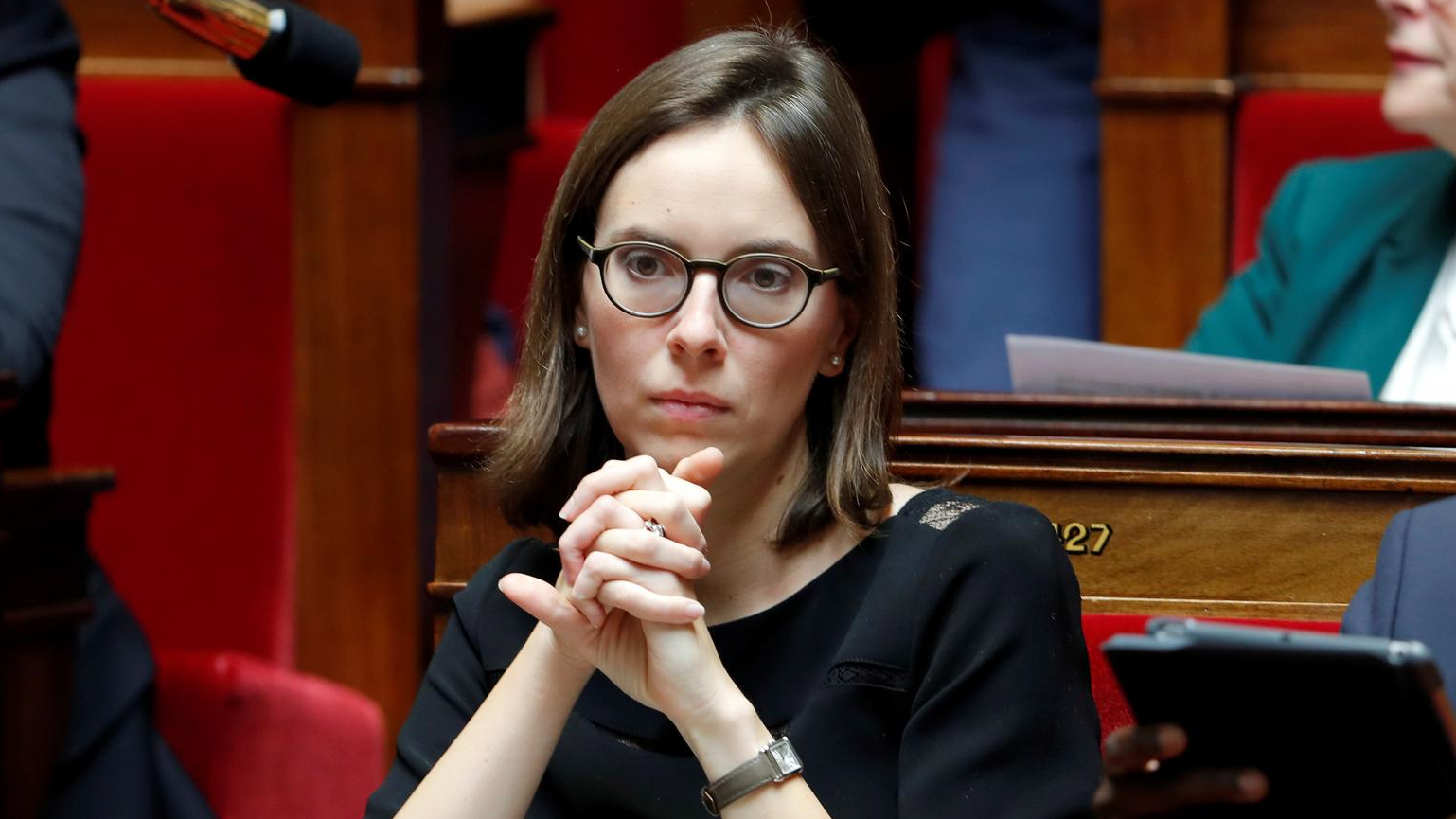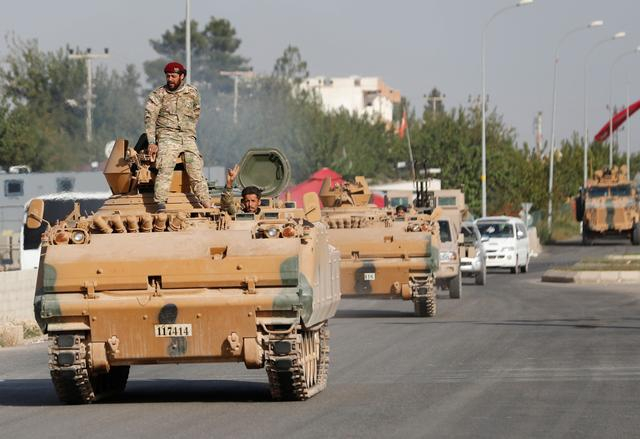
Member of parliament Amelie de Montchalin attends the National Assembly in Paris, France, October 24, 2017. /Reuters Photo
Member of parliament Amelie de Montchalin attends the National Assembly in Paris, France, October 24, 2017. /Reuters Photo
Next week's European Union summit will discuss sanctions on Turkey over its action in Syria, French State Secretary for European Affairs Amelie de Montchalin said on Friday.
"It will be debated next week at the European council," de Montchalin said on France Inter radio. "Obviously, it's on the table."
"We will not remain powerless when faced with a situation that is shocking for civilians, the free Syrian forces and the stability of the region," she said.
Jean-Claude Juncker, the European Commission President also urged Turkey to show restraint and stop its military operation. "If the plan involves the creation of a so-called safe zone, don't expect the EU to pay for any of it," he said.
World powers fear Turkish action could open a new chapter in Syria's war and worsen regional turmoil.
UN Secretary-General Antonio Guterres said any military operation must fully respect the U.N. Charter and international humanitarian law. Spokesman Farhan Haq said: "Civilians and civilian infrastructure should be protected. The secretary-general believes that there's no military solution to the Syrian conflict."

Members of Syrian National Army, known as Free Syrian Army, drive in an armored vehicle in Turkey, October 11, 2019. /Reuters Photo
Members of Syrian National Army, known as Free Syrian Army, drive in an armored vehicle in Turkey, October 11, 2019. /Reuters Photo
Read more:
China urges 'restraint' on Turkey's military operations in Syria
World reactions to Turkey's military advance into Syria
Turkey launched a military operation against Kurdish fighters in northeast Syria on Wednesday, pounding them with air strikes and artillery before starting a cross-border ground operation that could transform an eight-year-old war.
The country has long been planning military action against Kurdish forces in northern Syria due to its ties with the Kurdistan Workers' Party (PKK), which has fought against rule by the Turkish state since 1984.
The assault began days after U.S. President Donald Trump pulled American troops out of the way, prompting denunciations from senior members of his own Republican Party who say he abandoned the Syrian Kurds, loyal allies of Washington.
(With input from Reuters)